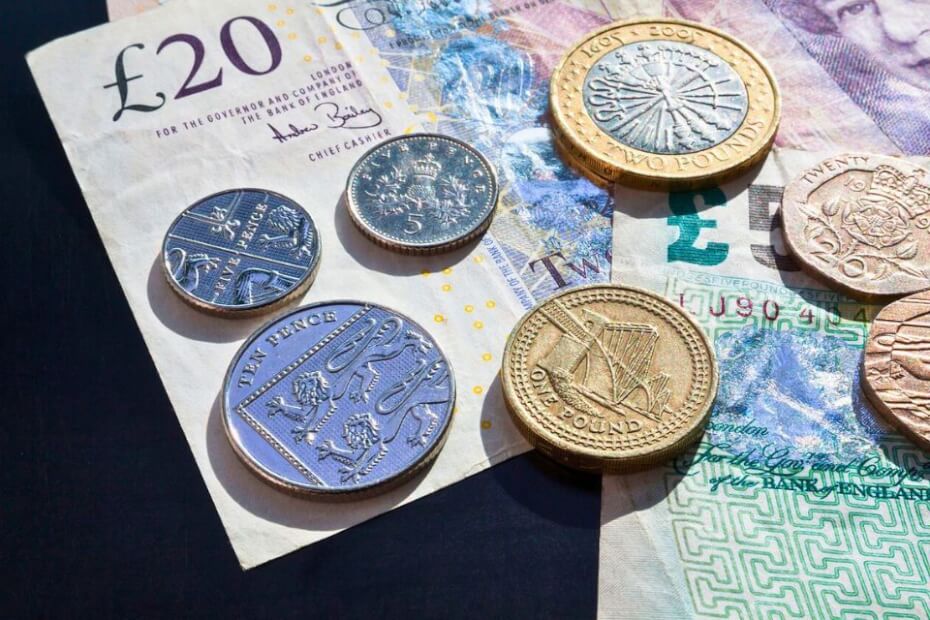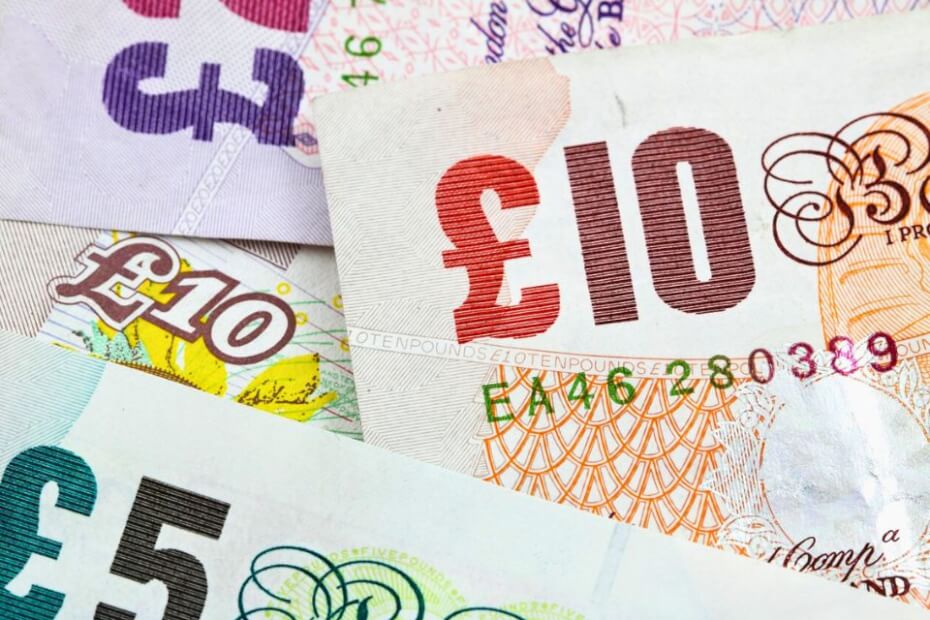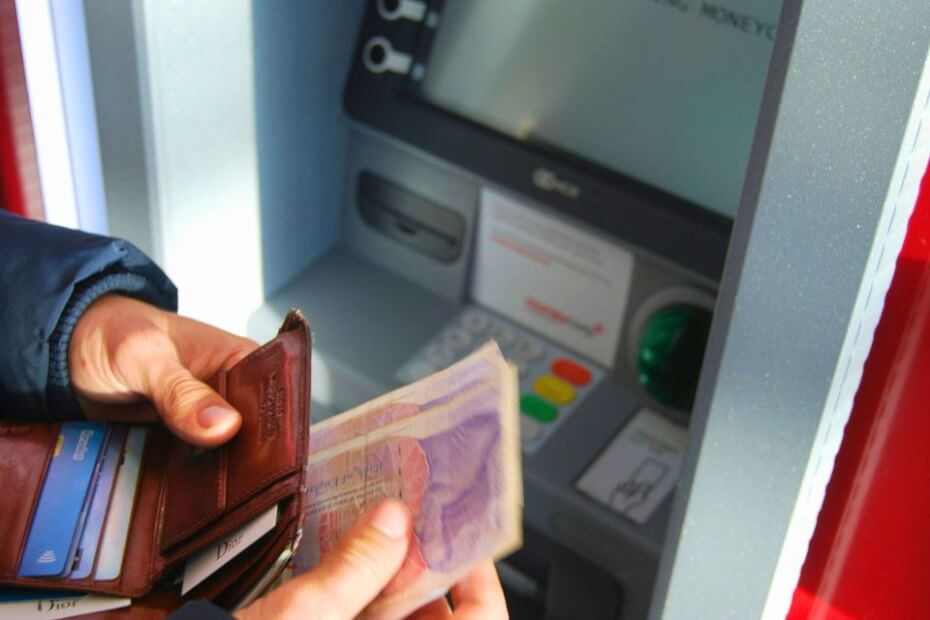
The United Kingdom’s (UK’s) pound sterling is the world’s oldest surviving independent currency and the fourth most traded globally.
Understanding the British pound is essential for anyone visiting the UK, whether as a tourist or for work or study. It will help you navigate daily transactions smoothly, avoid unnecessary fees, and enjoy a hassle-free experience during your stay.
Whether exploring historic sites, enjoying local cuisine, or shopping in vibrant markets, having a good grasp of currency can make a UK visit even more memorable. Here’s everything you need to know about the pound sterling, the official UK currency.
A brief history of the UK pound sterling
The pound originated in the 8th century with the introduction of silver pennies, but the term “pound sterling” emerged in the 17th century. The Bank of England, established in 1694, regulated the currency and issued banknotes and coins, laying the foundation for modern banking.
In the 19th century, the British pound was tied to gold for stability. However, due to economic challenges in 1931, the gold standard was abandoned, and the British pound became a floating currency in 1971.
The pound sterling has always symbolized the UK’s economic heritage, reflecting the nation’s journey from medieval silver pennies to a modern, globally traded currency.
Also known as the Great British Pound (GBP), the UK’s official currency is denoted with the symbol £ or with pennies (p). It did not adopt the Euro while still part of the European Union (EU).
In recent years, the Bank of England has introduced polymer banknotes featuring enhanced security features to prevent counterfeiting, with designs showcasing prominent British historical figures.
Pound and pence denominations and banknotes

In the UK, everyday transactions, such as the costs of items, are shown in GBP. You will need to start paying for things in local coins and banknotes. Familiarizing yourself with these will prove handy during your stay.
One British pound is made up of 100 pence. The UK currency includes coins with denominations of one, two, five, ten, 20, and 50 pence, as well as one- and two-pound coins. Notes are available in denominations of five, ten, 20, and 50 pounds, each with a unique color.
British slang has unique names for different currency denominations. Pence is known as “pee,” while five- and 10-pound notes are “fivers” and “tenners.” A one-pound coin is often called a “quid.”
Scottish and Northern Irish banknotes are considered legal tender throughout the UK. However, exchanging them for Bank of England notes whenever possible is advisable to avoid any potential issues.
English banknotes are more widely accepted in all of the UK’s four constituent countries. If any problems arise, banks can exchange Scottish or Northern Irish notes for English ones at no charge.
Euros are not commonly accepted in the UK, except at central locations like airports and large stores. Some larger stores in Northern Ireland may accept euros since the Republic of Ireland uses them. Still, they are not obliged to accept them.
Exchanging currency in the UK
Aside from exchanging money at banks, travelers have other options for exchanging currency in the UK.
Bureaux de Change or currency exchange outlets, such as Travelex, are present in most towns, cities, and major transport terminals. Post offices and popular department stores also offer money exchange services.
Exchange rates and commission fees vary, so checking which offers a good deal beforehand is best. Exchange rates can fluctuate daily. The simplest way to check the best option is to ask for the amount of pounds you’ll receive after deducting all charges.
Travelers should exchange currency before their trip or in major UK cities for more options and better rates. Private currency exchange offices at transport hubs usually charge more.
However, having little cash on your way to a rural area, it’s better to exchange money at the entry point since there may not be any other money exchange service in the area.
When exchanging currency, ask for a mix of denominations, such as £20 and £10 banknotes. This will make it easy for British vendors to accept.
ATM and bank cards

Travelers can also use automated teller machines (ATMs), locally known as “cashpoints” in the UK, to withdraw money from their own bank.
Non-UK accounts are subject to charges, but the fees may be cheaper than those imposed by currency exchange offices. Opt to withdraw at ATM bank branches rather than convenience stores, gas stations, and stores, as these typically charge more.
Most ATMs accept any international card equipped with a chip and PIN. However, it’s best to use Visa and Mastercard cards. Maestro, Cirrus, and Plus cards are also generally accepted in the UK.
In contrast, American Express and Diners Club cards are not, especially outside London.
While cash is widely accepted, contactless payments have also become increasingly popular.
Many establishments now accept contactless payments and mobile wallets such as Apple Pay and Google Pay, making it easier for tourists to make transactions without carrying large amounts of cash.
Remember to inform your bank of your travel plans to avoid any issues with your cards. Also, be aware of potential card fraud and monitor your accounts regularly for any suspicious transactions.
Using a travel credit or debit card, such as Wise or Revolut, in the UK is also cheap, safe, and convenient. Prepaid travel cards, however, are subject to higher fees.
Some UK providers offer multi-currency cards with a linked payment account. This feature allows you to convert, hold, and spend in pounds.
This allows travelers to add a balance in their home currency and switch to GBP to lock in the exchange rate. Once you have GBP in your account, there are no extra fees to make payments and no foreign transaction charges to worry about.
Planning your payments
Planning effective and convenient ways to spend in GBP can lead to cost savings in the long run.
It’s always good for travelers to have multiple payment options: cash, ATM card, credit or debit card, and multi-currency card. This provides a backup payment option if one isn’t accepted, allowing you to choose the best method for each transaction.
Use cash for small purchases and tipping, customary in restaurants and services, usually around 10 to 15 percent of the bill. Pay for low-cost items and cash withdrawals with your multi-currency card and reserve your bank card for emergencies.
Excess UK currency
An ideal scenario would be exchanging enough British pounds for your trip without much excess. Still, here’s what you can do with excess British banknotes.
- Donate remaining British banknotes to charity through various programs and collection points at international airports. Some banks also collect foreign currency and donate every cent to UNICEF.
- Use a money changer to convert your GBP back to your home currency for larger amounts.
- You can also save it for your next trip to the UK. Consider using any leftover pounds to pre-book services such as airport transfers or pay for travel expenses, like train tickets, before you leave.

